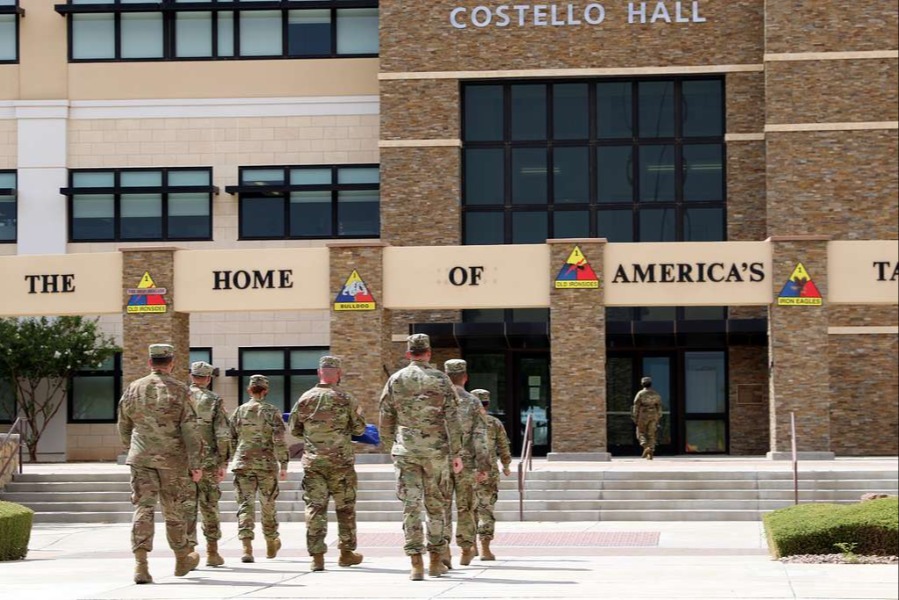Summary: New Trove of 9/11 Documents Released
On Oct. 15, J.M. Berger, a prolific author and researcher on extremism, made public on Intelwire a large number of previously unreleased or difficult-to-find materials related to 9/11 that were obtained through the Freedom of Information Act, court records and open sources. The material includes thousands of pages of reports, communications and other primary-source documents related to the efforts of the CIA, FBI and State Department to assess and respond to the threat of terrorism in the years leading up to and following the Sept.
Published by The Lawfare Institute
in Cooperation With

On Oct. 15, J.M. Berger, a prolific author and researcher on extremism, made public on Intelwire a large number of previously unreleased or difficult-to-find materials related to 9/11 that were obtained through the Freedom of Information Act, court records and open sources. The material includes thousands of pages of reports, communications and other primary-source documents related to the efforts of the CIA, FBI and State Department to assess and respond to the threat of terrorism in the years leading up to and following the Sept. 11, 2001, attacks. Portions of many of the documents remain redacted. Below is an overview of the scope of each of the five tranches of documents available.
Tranche 1: FBI Documents Cited in the 9/11 Commission Report
This tranche is a collection of thousands of pages of declassified FBI documents cited in the 9/11 Commission Report, organized by the report chapter in which the citation appears. Documents include pre-attack investigation summaries, threat assessments and interviews with sources; documents related to the 9/11 hijackers’ preparation and activities in the United States; and post-attack interviews, records and reports.
Tranche 2: State Department Documents Cited in the 9/11 Commission Report
This tranche contains State Department documents cited in the 9/11 Commission Report, organized chronologically. The documents include State Department cables that monitor the rising threat posed by Osama bin Laden and al-Qaeda in countries such as Tanzania, Jordan, Saudi Arabia, Afghanistan and Pakistan. The documents cover from the mid-1990s through the months after Sept. 11.
Tranche 3: CIA Documents Cited in the 9/11 Commission Report
This source consists of 335 pages of CIA documents cited in the 9/11 Commission Report. The documents include CIA intelligence assessments about the rise of al-Qaeda and Osama bin Laden, documents that discuss and plan pre-9/11 operations against bin Laden, pre-attack intelligence briefings for senior U.S. officials, and post-attack intelligence assessments of the terrorism threat.
Tranche 4: 9/11 Commission Memoranda for the Record
This source includes summaries of interviews conducted by 9/11 Commission members of U.S. and foreign officials regarding the developing support for al-Qaeda in Afghanistan and Pakistan before Sept. 11, as well as U.S. security measures that al-Qaeda members circumvented to execute the attack.
Tranche 5: Awlaki, Zarqawi and More
The final tranche provides documents related to two of the most high-profile al-Qaeda targets: Anwar al-Awlaki and Abu Musab al-Zarqawi. There are more than 1,700 documents about Awlaki, including handwritten surveillance reports, writings by Awlaki in jihadist publications, copies of al-Qaeda’s English-language magazine and other documentation of Awlaki’s activities. The documents pertaining to Zarqawi originated from the State Department and include reports concerning Zarqawi’s activities and statements, criminal charges against Zarqawi in Jordan and Germany, and international reactions to his death.
This collection also provides primary-source documents related to the assassination of Anwar Sadat, U.S. actions taken against the Benevolence International Foundation for allegedly financing terrorism, the 1979 attack against the Great Mosque in Mecca, as well as additional documents pertaining to the Sept. 11 attacks.





